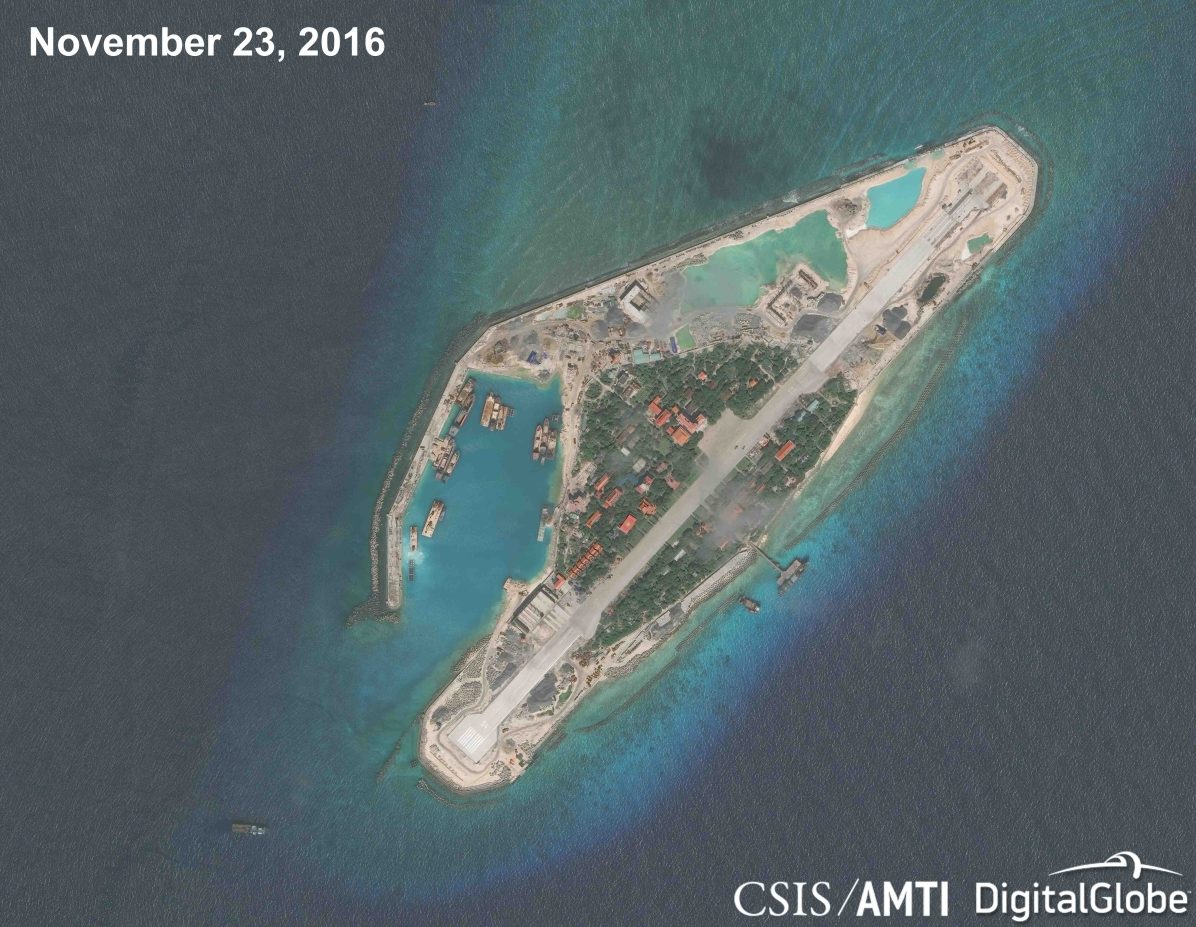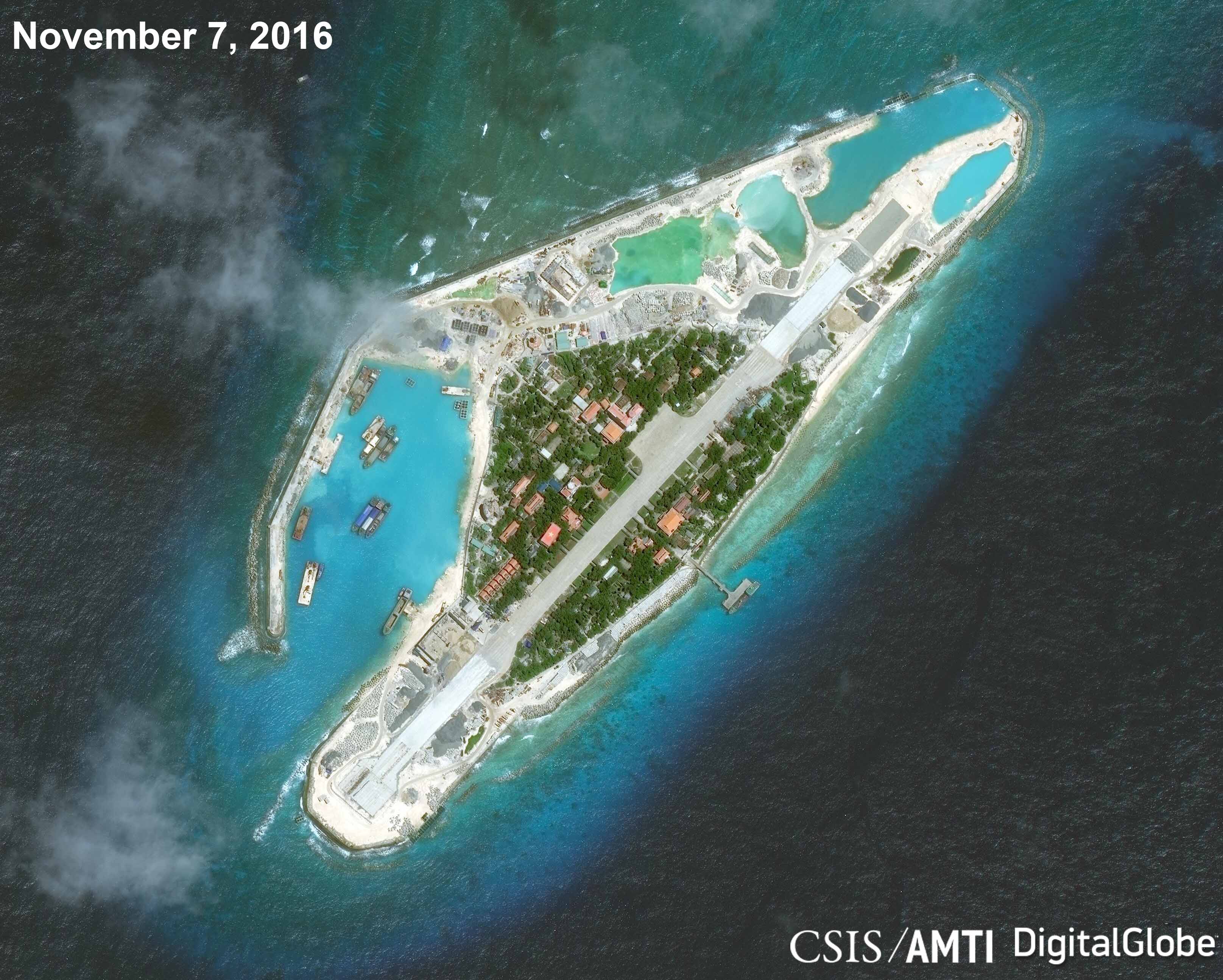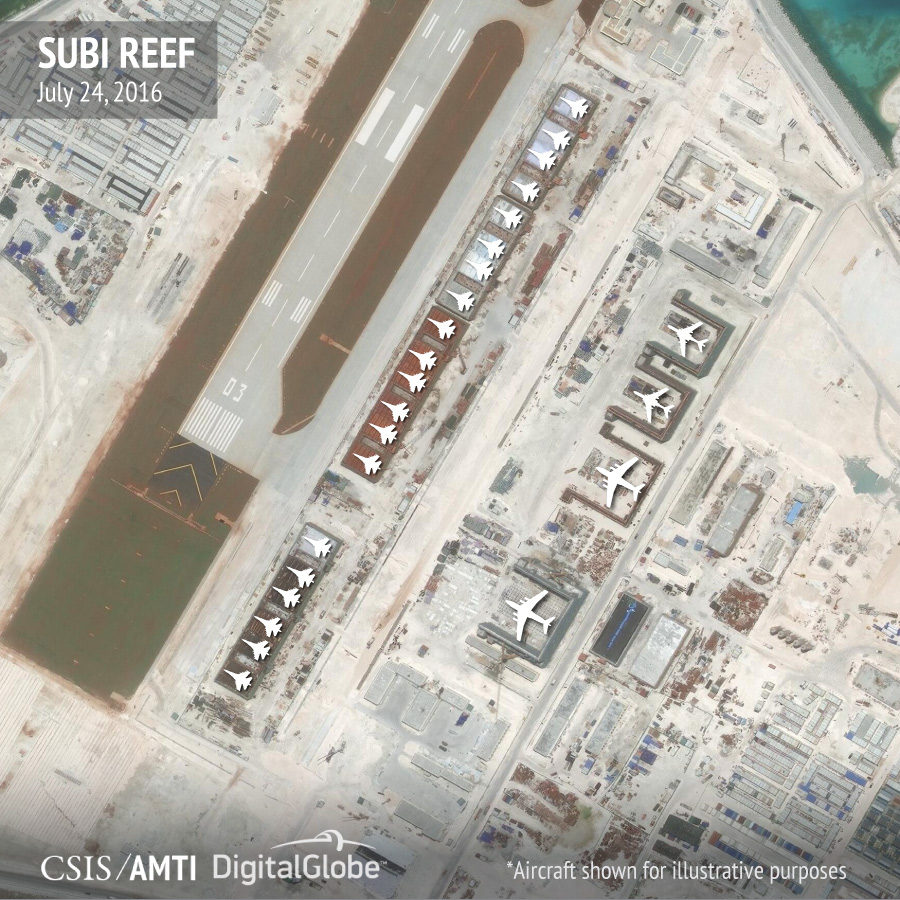huokaus
http://www.forbes.com/sites/panosmo...odrigo-duterte-flip-flops-again/#33108fc21f64Philippine’s President Rodrigo Duterte has flip-flopped on Manila’s South China Sea disputes again. After cozying up to China and announcing a “divorce” from Washington last month, Duterte now promises to respect defense treaties with “friend” and “ally” the United States, according to Reuters.
Did the unexpected US election outcome make him change his mind?
It’s hard to say. What isn’t hard to say is that Duterte’s flip-flops have been crushing Philippines’ equities, making investors uneasy about the stability of Philippines and the South China Sea Region.
http://www.ibtimes.co.uk/india-will...china-sea-chinas-state-run-paper-says-1591202As Japan and India issued a joint statement condemning China's assertiveness in the South China Sea, China's influential state-run newspaper has cautioned Tokyo that Delhi will not become a "pawn" in its anti-China stand.
"India is not likely to change its position according to the wishes of Japan," the Global Times said in an editorial on Saturday (12 November). "India will not become a pawn for Japan to contain China, as it wants to become a power on par with China and Japan and benefit from both sides. India will get closer to Japan but will not enter into a 'brotherhood" relationship'", it added.




